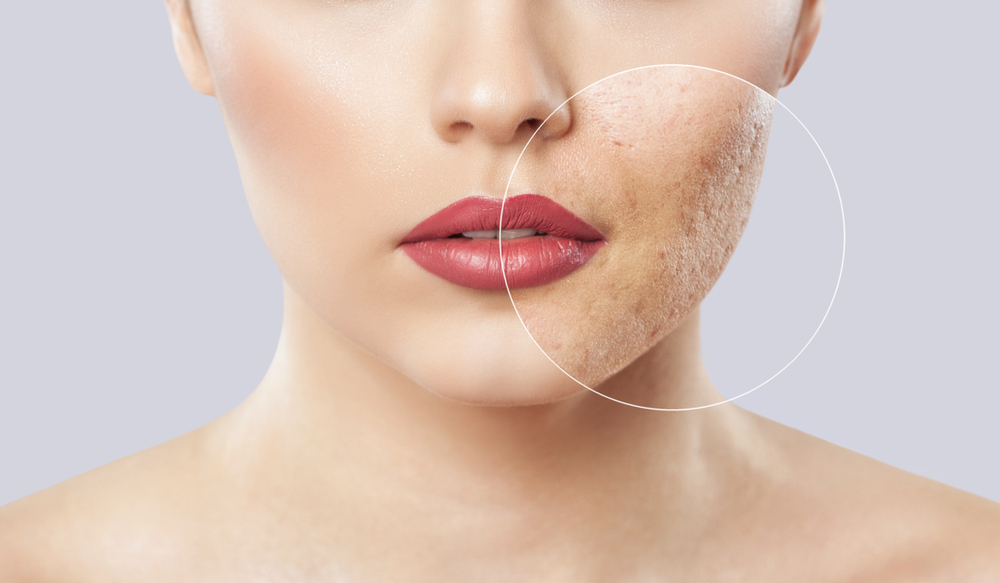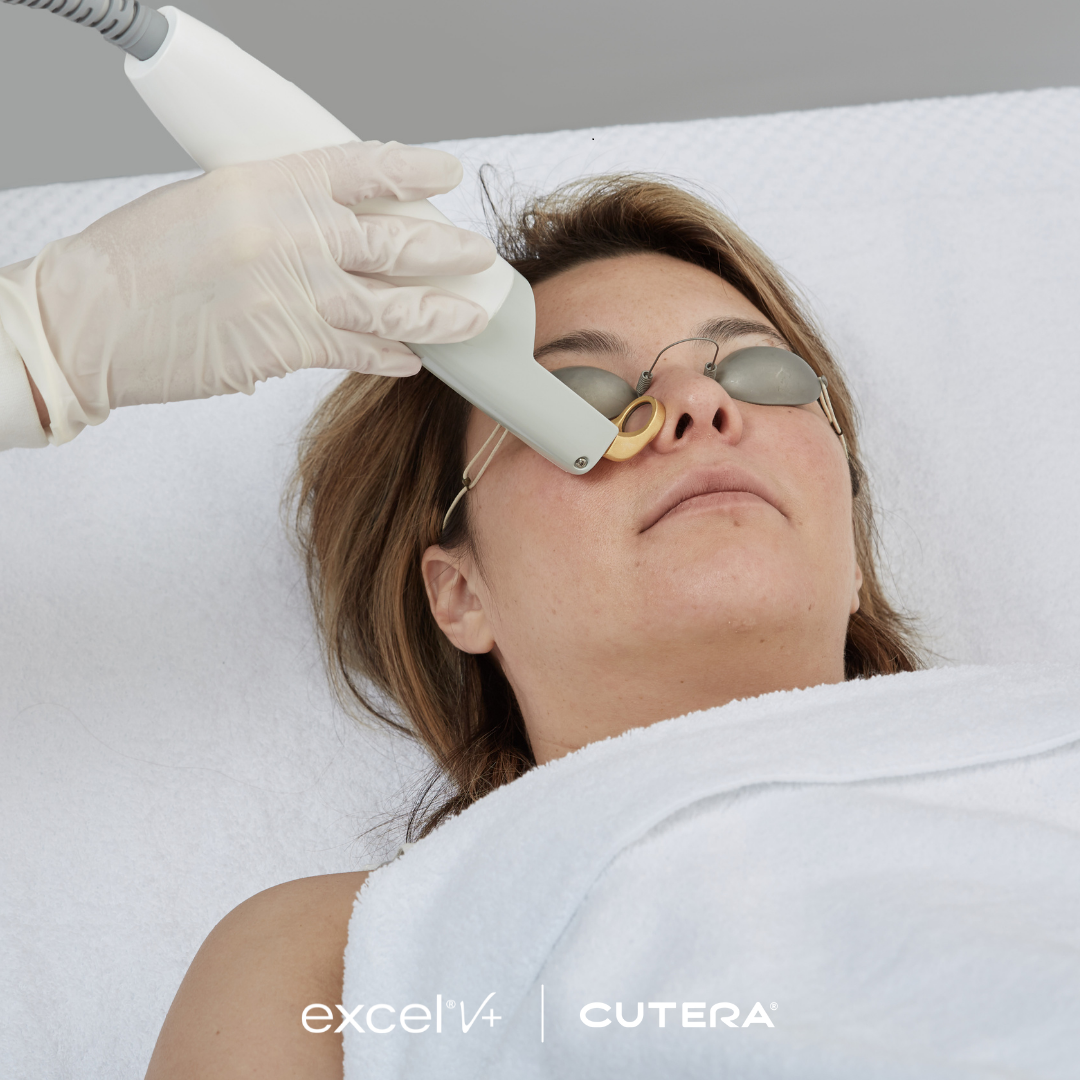In this blog from Radiant Primary Care, we explain how alcohol impacts your health.
Moderate vs. Excessive Alcohol Consumption
It is important to be mindful of the health risks associated with excessive drinking. According to the CDC’s Dietary Guidelines for Americans, adults of legal drinking age who choose to consume alcohol should do so in moderation. This means limiting intake to two drinks or less for men and one drink or less for women on days when drinking is involved. Additionally, the Guidelines do not recommend that individuals who do not drink alcohol should start drinking for any reason. Finally, it is better for your health to drink less than more.
Drinking too much alcohol can take a variety of forms, including binge drinking, heavy drinking, and any alcohol consumption by minors or pregnant women. Since alcohol is quickly absorbed by the body, it takes longer for it to be processed. When large amounts of alcohol are consumed in a short time, it increases the risk of developing health problems.
In the United States, binge drinking is the most frequent and expensive form of alcohol abuse. It is defined as having five drinks or more in one sitting for men, and four drinks or more in one sitting for women. Although many people who binge drink are not alcohol dependent, it is still harmful and is linked to a variety of diseases, injuries, and an increased risk of developing an alcohol use disorder.
What Are The Short-Term Health Risks Of Drinking Alcohol?
Drinking too much alcohol can lead to serious health problems right away. Binge drinking can cause alcohol poisoning, which can cause extreme sickness or even death. It can also lead to high-risk behaviors, such as having unprotected sex, which can lead to unintended pregnancies or sexually transmitted diseases. Additionally, drinking can impair judgment which increases the risk of motor vehicle crashes, falls, drownings, and burns.
In addition, pregnant women who drink put their babies at risk of miscarriage, stillbirth, or Fetal Alcohol Spectrum Disorders (FASDs). It is illegal in the US for anyone 21 years of age or older to drive a vehicle with a Blood Alcohol Content (BAC) of 0.08% or higher.
What Are The Long-Term Health Risks Of Drinking Alcohol?
- Brain. Alcohol can interfere with the brain’s pathways of communication, altering how the brain looks and functions. This can cause changes in mood and behavior, and can make it challenging to think clearly and move with coordination.
- Heart. Drinking too much alcohol over a long period of time or having a lot in a single night can cause harm to the heart, including issues such as cardiomyopathy (weakening and stretching of the heart muscle), arrhythmias (irregular heartbeat), stroke, and high blood pressure.
- Liver. Heavy drinking can have a serious effect on the liver, leading to various issues and inflammations such as steatosis (fatty liver), alcoholic hepatitis, fibrosis, and cirrhosis.
- Pancreas. Alcohol can cause the pancreas to produce dangerous toxins that, over time, could lead to pancreatitis. Pancreatitis is an inflammation and swelling of the pancreas’ blood vessels which interferes with proper digestion.
- Immune system. Consuming alcohol in excess can lower your immune system, making your body more susceptible to diseases. People who drink heavily are more likely to develop illnesses such as pneumonia or tuberculosis than those who do not drink too much. Heavy drinking in one instance also reduces your body’s ability to fight off infections, sometimes lasting up to 24 hours after intoxication.
- Increased risk of cancer. There is a clear connection between alcohol consumption and an increased risk of certain types of cancer. These include head and neck cancer, esophageal cancer, liver cancer, and breast cancer. Those with a deficiency in an enzyme that metabolizes alcohol have also been found to have a higher chance of developing esophageal squamous cell carcinoma if they consume alcohol. Studies have shown that women who drink around one drink per day are 5-9% more likely to develop breast cancer than those who don’t drink at all. Finally, colorectal cancer has been linked to alcohol consumption.







